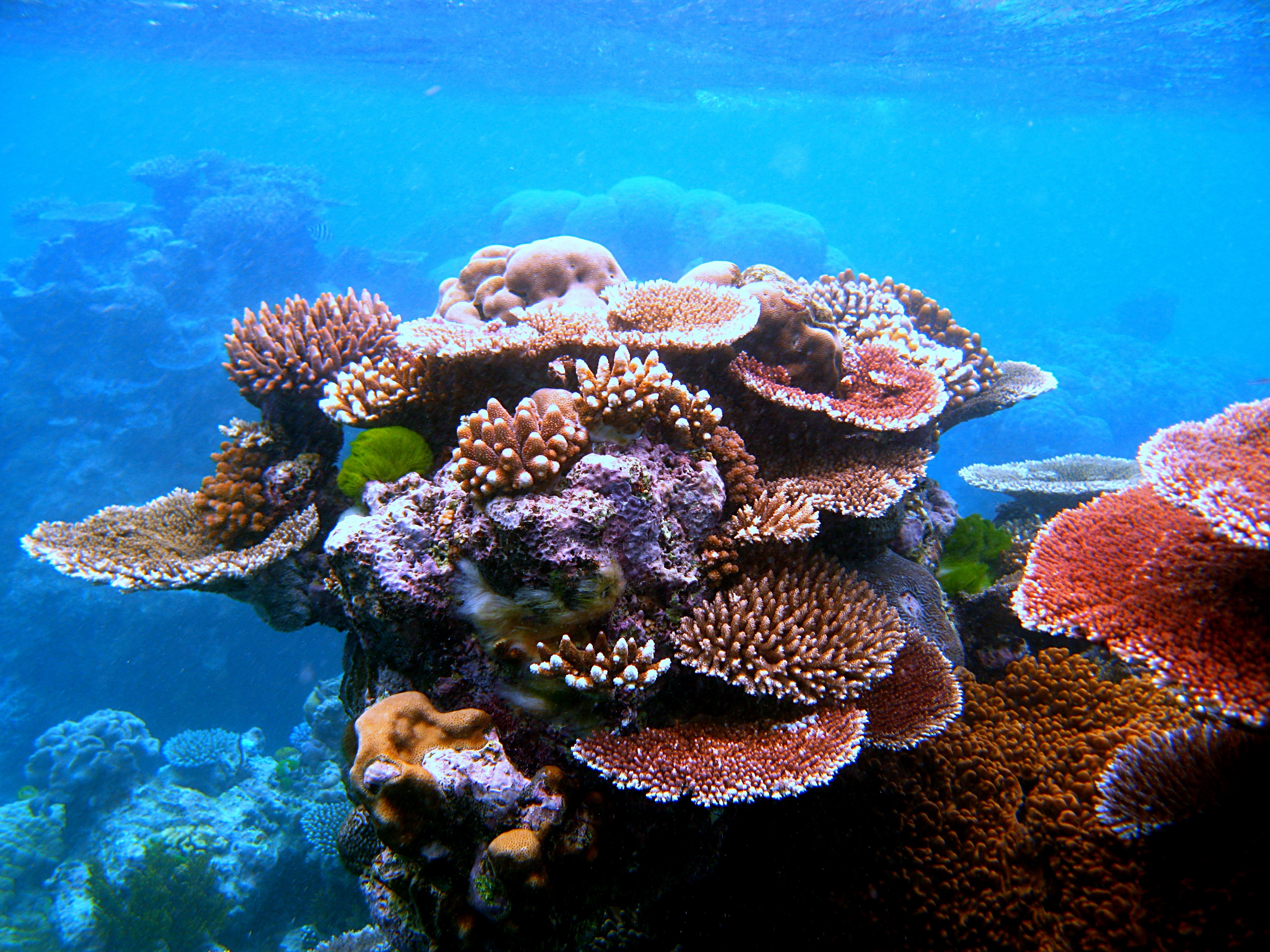Editing nature: Scientists call for careful oversight of environmental gene editing
By Yale University,
Phys
| 11. 01. 2018
In Burkina Faso, the government is considering the use of genetically modified mosquitoes to eradicate malaria. In Nantucket, Mass., officials are looking at gene editing as a tool in the fight against Lyme disease. And scientists are using gene technology to adapt coral to changing ocean conditions from the Caribbean to the Great Barrier Reef.
Yet for all the breathtaking promise of these technologies, there remain profound concerns about the potential unintended consequences of releasing gene-edited organisms into the environment—and a lack of governance oversight.
In a new paper published in Science, an interdisciplinary group led by Yale researchers argues for new global governance to assure a neutral and informed evaluation of the potential benefits and risks of gene editing. They argue that the complex nature of these technologies requires, on a case-by-case basis, careful and judicious review—a decision-making process that must include local communities that would feel the biggest and most immediate effects.
"The biggest risk right now with this technology is the uncertainty associated with it," said Natalie Kofler, an associate research scientist at the Yale...
Related Articles
By Jonathan Matthews, GMWatch | 12.11.2025
In our first article in this series, we investigated the dark PR tactics that have accompanied Colossal Bioscience’s de-extinction disinformation campaign, in which transgenic cloned grey wolves have been showcased to the world as resurrected dire wolves – a...
By Jessica Hamzelou, MIT Technology Review | 11.07.2025
This week, we heard that Tom Brady had his dog cloned. The former quarterback revealed that his Junie is actually a clone of Lua, a pit bull mix that died in 2023.
Brady’s announcement follows those of celebrities like Paris...
By Lauran Neergaard, AP News | 11.03.2025
WASHINGTON (AP) — The first clinical trial is getting underway to see if transplanting pig kidneys into people might really save lives.
United Therapeutics, a producer of gene-edited pig kidneys, announced Monday that the study’s initial transplant was performed successfully...
By Meagan Parrish, PharmaVoice | 10.10.2025
When CEO Ben Lamm steps into the spotlight, it’s usually to talk about his efforts bringing extinct animals back to life. Once a far-flung idea, Lamm and the company he heads, Colossal Biosciences, have proven they can pull it off...




